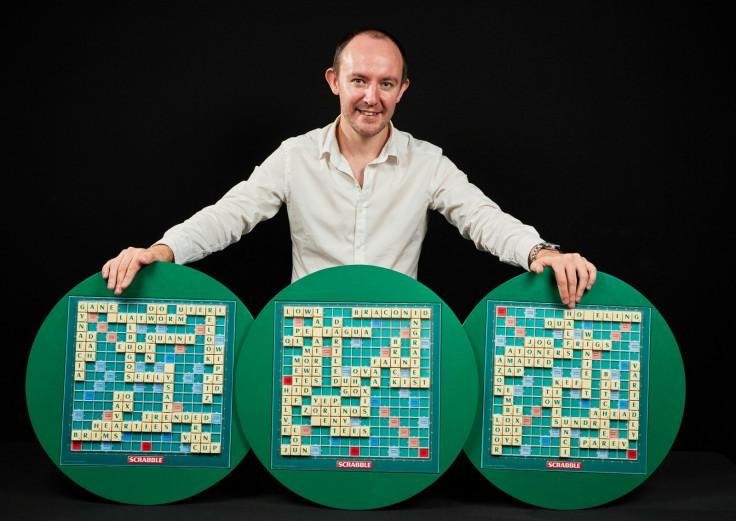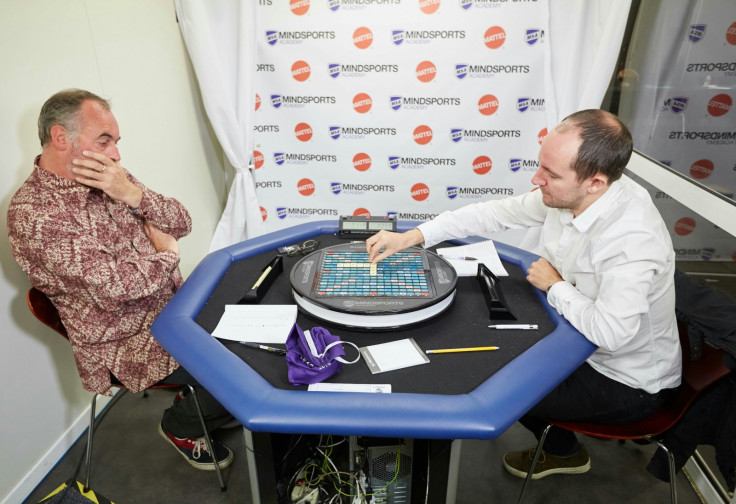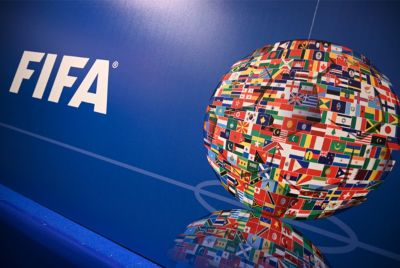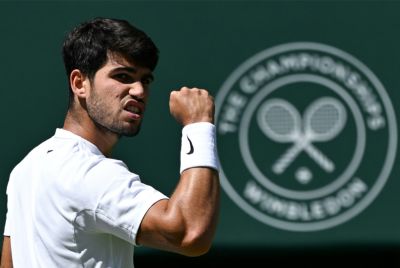Scrabble should be recognised as a sport says World Champion Brett Smitheram
British superstar fronting a campaign to get Scrabble recognised by the International Olympic Committee.
World Scrabble champion Brett Smitheram takes some pleasure in accepting journalists' challenges to a game. And presumably takes even more pleasure in showing the poor sods no mercy.
"You wouldn't try and run a 10,000m against Mo Farah but I'm the World Champion of Scrabble, so do you expect to sit down and beat me? People get really frustrated when they're 200 points behind playing somebody they've never heard of," he says.
It's a point well made. But Smitheram, 37, who last year added the World Championship to a string of other major Scrabble titles, is rankled that his field of expertise is perceived as a frivolous diversion designed for passing the hours at Grandma's house: akin to Monopoly, Cluedo or – whisper it – any other "boardgame".
Smitheram is on a mission. Since winning his world title, he's joined Mindsports Academy as a Scrabble Ambassador and is at the front of their campaign to get to get his game (sorry: his sport) recognised by the International Olympic Committee (IOC). A petition at change.org has already attracted over 100 signatures.
"Previous World Champions haven't done as much as this," he says. "Historically Scrabble Champions haven't always been the most outgoing. They've been a little more shrinking violets."
But there's nothing shrinking about Smitheram. He's vociferous in his calls for Scrabble to be taken more seriously by institutions, the media and society at large. He resents the fact that chess, which is recognised as sport by the IOC, is granted a respect not shown to Scrabble. He thinks this is in part because of the "mysticism" associated with the former. And it annoys him.
"The complexity of scrabble is, dare I say it, higher than chess, because chess is what's called a total knowledge game. There is nothing hidden. You know immediately what your opponent has and what they can do," he says.
Conversely Scrabble players must use probabilities to infer what letters are likely to be left in the bag or on their opponent's racks. Top Scrabblers work out the odds of drawing that "q" they need to complete a word in the same way a poker ace will calculate the chance of a card they want being near the top of the deck.

This strategic and mathematical element of Scrabble, which many are ignorant of, is something that Smitheram wants to emphasise when he tours schools around the country later in the year. He thinks there has never been a stronger case for actively encouraging young people to play cognitive games.
"In a society where we are increasingly being fed what to think, where fake news is everywhere, the ability to think critically and analyse is a fantastic thing for your brain," he says.
Beyond the mathematical, logical and linguistic benefits of playing Scrabble, Smitheram suggests that it also fosters character and patience. Or, as he puts it: "If you're sitting opposite me and I'm destroying you, you have to sit there and take it."
By way of example he tells me about a Pakistani 12-year-old he faced off against on the way to his victory at the World Championships in Lille last year. Smitheram was giving the youngster a proverbial hammering and even admitted to feeling a bit sheepish as he moved well over 300 points ahead.
He would have expected most adults on the circuit to have shown some frustration at being given such a thrashing but the boy took his defeat with grace and composure, leaving Smitheram to reflect: "You don't get many better environments for kids to learn and react and respond to people."
Hard work, too, is undoubtedly something that competitive Scrabble has encouraged in Smitheram. He puts the in the hours around his job in recruitment; finding time to expand his vocabulary and develop the pattern recognition skills needed for spotting anagrams. He has to train his brain, he says, "as an athlete would train on the track."

Becoming a Scrabble ambassador has added another burden to his schedule. Typically, any time he takes off work is devoted to Scrabble commitments, which is why he's eyeing a two-week break in the Peruvian rainforest later this year with particular relish. He says: "There is scrabble in South America but I'm definitely not going to play."
His girlfriend Rhos has organised the trip but Smitheram assures me she is ordinarily fully supportive of his Scrabble commitments. He says that "she was the one cracking the whip before the Worlds". The two don't play Scrabble together, which is probably a good thing given Smitheram's intriguing observation: "Scrabble in relationships either brings you closer together or becomes explosive. I've seen both sides."

Smitheram acknowledges that there must have have been a fair few domestic episodes over a Scrabble board down the years – but he refuses to accept it is an infuriating pastime. He becomes animated again, explaining that many fail to get the most out of Scrabble because they don't understand the richer, tactical side of the game.
One of his goals is therefore to bridge the gap between competition-level players and amateurs by making the latter more aware of the deeper contours of a Scrabble, though he promises me he's "not trying to turn everyone into a Scrabble ninja".
He says, too, that in raising the profile of Scrabble he would like to see the amount of sponsorship it receives at the very least move closer towards the riches enjoyed by senior chess players.
"Ultimately I would love to say we have professional Scrabble players," he says. And he's clearly love to be one of the first names on that list.
Brett Smitheram is an ambassador for the Mindsports Academy. To help make mindsports a recognised sport in the UK, sign the petition by visiting mindsportsacademy.com
© Copyright IBTimes 2025. All rights reserved.





















